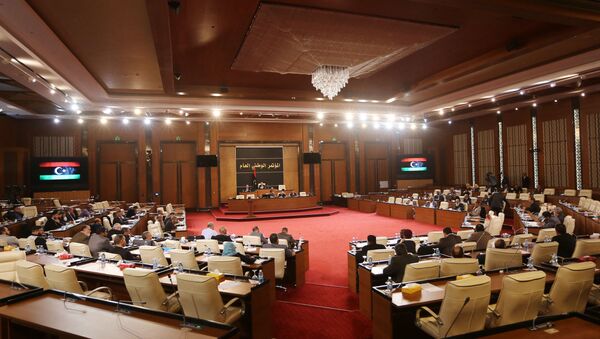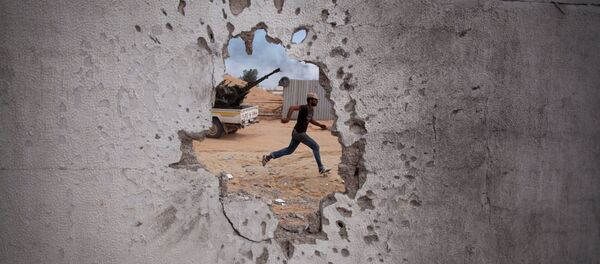"We are in favor of a dialogue under the supervision of the United Nations, but we are against dictatorship and imposing solutions. We are part of the dialogue, and we have demands about the balance of the legislative and executive powers so that decisions would be acceptable from the standpoint of constitutional institutions of Libya," Ali Abu Zaakouk said.
According to him, those who signed the agreement in Skhirat were not authorized to make the decision on behalf of the institutions they represented. Therefore, the results of the negotiations did not reflect the legitimate Libyan decision, he added.
Libya has been in a state of turmoil since early 2011 after the so-called Arab Spring protests led to a civil war and the overthrow of long-time leader Muammar Gaddafi.




